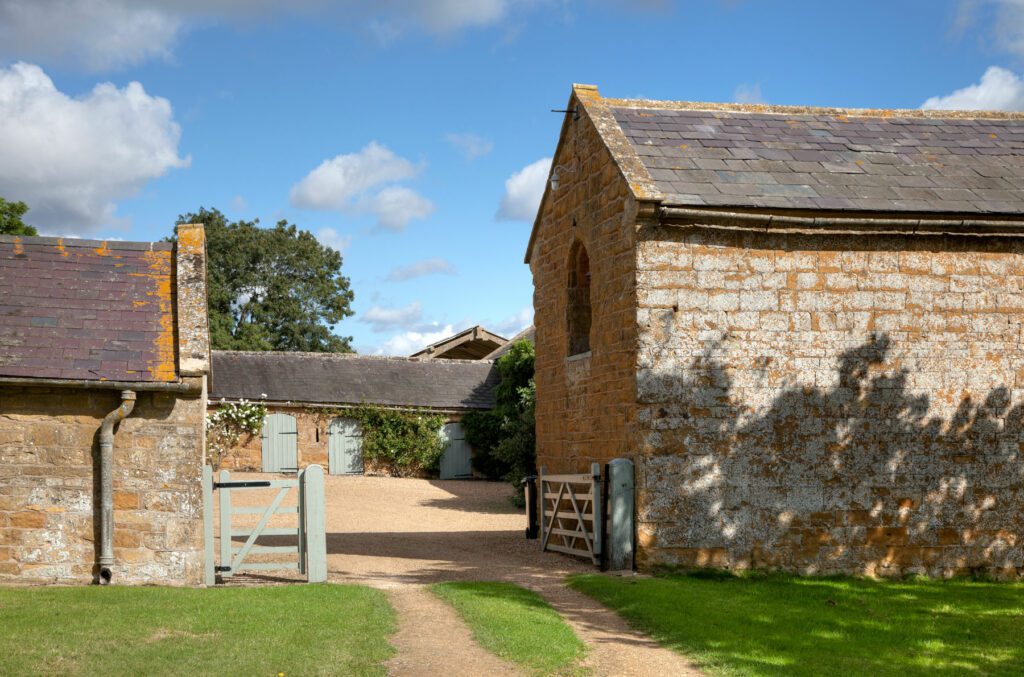A recent South Oxfordshire District Council appeal (ref: APP/Q3115/W/23/3317169) has provided useful detail of what is required for a development to fall within Class Q – conversion of agricultural buildings to residential.
Background – Permitted Development Rights
Permitted development rights (“PDRs) make it lawful to build certain buildings, modify buildings in certain ways and materially change from approved uses of land and buildings, all without the need to obtain planning permission. As such they offer flexibility in a planning system that commentors regularly describe as being broken.
One particular PDR has received a lot of attention and commentary because it offers the ability to create new homes in rural areas that would be refused were a planning application required. These are known as Class Q PDRs. For land in England, the Class Q PDRs are set out in detail in the General Permitted Development Order 2015. They allow agricultural buildings to be converted to residential buildings and (subject to certain constraints) they permit the attendant building operations necessary to make the barn a home.
Recent changes to Class Q
Back in May this year, we commented on recent changes to Class Q PDRs making them that much more applicable and flexible. Our article describes how Class Q extensions are no longer limited to the three-dimensional space of the original barn and that ‘protrusions’ of up to 0.2m are permitted to accommodate building operations, so downpipes and flues can now be lawfully installed.
However, those seeking to rely on Class Q rights must still approach the building works with caution and pay careful attention to the rules.
Conversion v rebuilding
We have previously commented on the case of Hibbitt and Another v Secretary of State for Communities and Local Government [2016] EWHC 2853 (Admin) (“Hibbitt”). Hibbitt clarified the distinction between converting an existing barn to a house and rebuilding a house on the site of a demolished barn. Class Q is all about the former. If the works amount to a rebuild then the conversion is not permitted by Class Q. The distinction is a matter of planning judgment, but much depends on the facts of each case.
The South Oxfordshire case
This distinction was again confirmed in a recent planning appeal decision concerning a corrugated iron walled, cement roofed 3-bay barn conversion (described as being in poor condition) in South Oxfordshire.
The appeal was required because the local planning authority (LPA) had approved the ‘prior approval’ step for a barn conversion and that approval was subsequently quashed by the courts. In the agreed consent order to quash the original approval, the court ‘encouraged’ the decision maker to look critically at whether the proposal was truly a conversion, or whether it was a re-build.
The applicant sought to keep concrete supports on their pad foundations. The compacted base within the building would be retained but this would be beneath a new concrete slab. Only the skeletal steel frame of the original barn would be retained in the proposals. The existing barn sides and roof were to be demolished. Applying his planning judgment, the Inspector held that where so little of the existing barn would remain it would be ‘in all practical terms, starting afresh with only a modest amount of help from the original building’. Consequently, the Inspector concluded the proposal did not fall within Class Q.
Open countryside question
In addition to the proposal falling foul of the conversion or rebuild question for Class Q, the Inspector was asked to consider the proposal as an application for planning permission. The open countryside location meant the proposal was unable to meet the local plan’s policies on sustainability and permission should be refused. This exemplifies why the Class Q PDRs are such a helpful tool in the first place as the proposals benefiting from Class Q would be unlikely to succeed if exposed to the tests normally applied to planning applications.
Had the original barn been more capable of supporting the proposed design in the manner of a conversion, or had the design been modified to make that so, then the outcome would likely have been different.
Should you wish to discuss any of the issues raised in this article, please contact Fergus Charlton and Grace Bravery.





